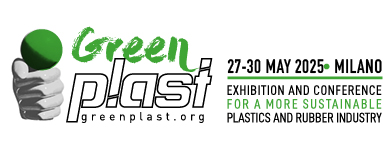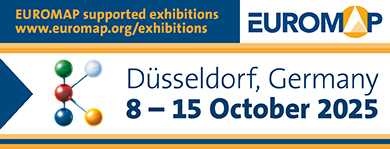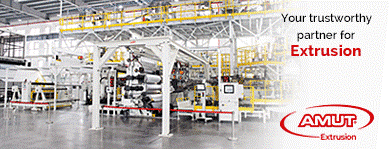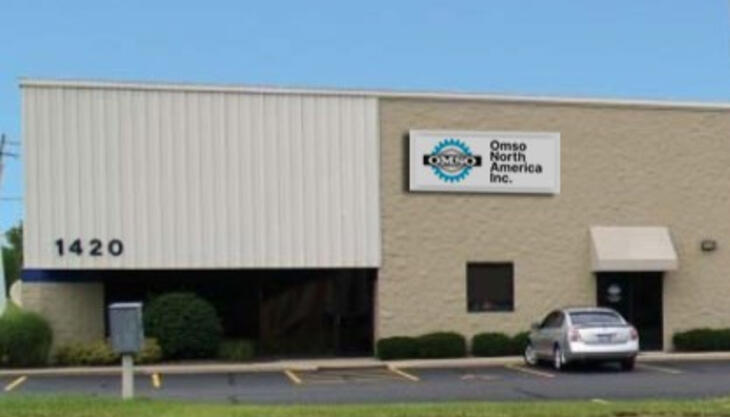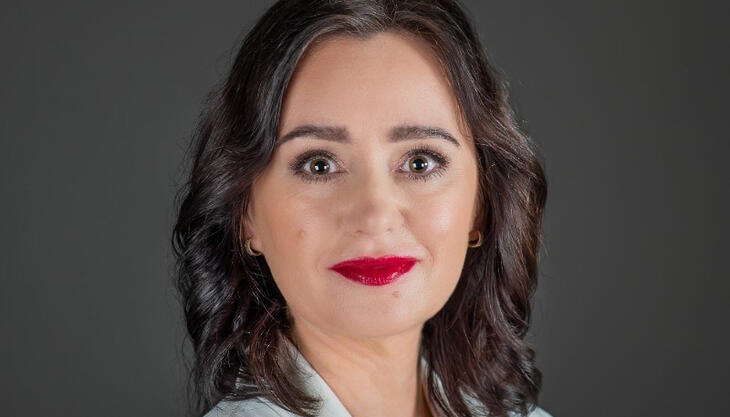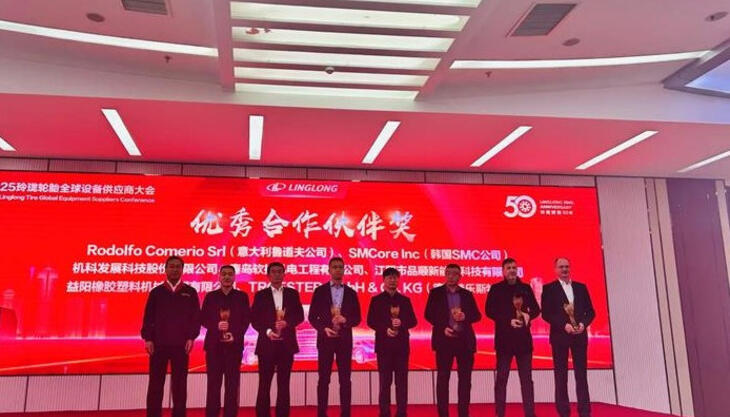Turnover 2016: grows in the fourth quarter but decreases on annual base
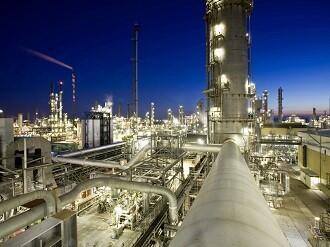
In 2016, Basf achieved the growth and earnings goals it set for itself. The chemicals business grew successfully and profitability improved further. As expected, earnings in Oil & Gas did not match the previous year’s level. “As the year progressed, we were able to increase Basf’s growth. Our sales volumes rose from quarter to quarter. Particularly in Asia, we continually increased our sales volumes in the chemicals business. This shows that the high investments we made in research and development and new production capacity in recent years are paying off”, said Kurt Bock, chairman of the board of executive directors of Basf, at the annual press conference in Ludwigshafen.
In the fourth quarter of 2016, sales increased by 7% to 14.8 billion euros compared with the same quarter of 2015, mainly due to higher volumes. For Basf Group, as well as the chemicals business, which comprises the Chemicals, Performance Products and Functional Materials & Solutions segments, volumes rose by 6%. Income from operations (Ebit) before special items was 1.2 billion euros, 157 million euros higher than in the prior-year quarter. Considerably higher earnings in Chemicals, Functional Materials & Solutions and Oil & Gas more than compensated for lower earnings in Agricultural Solutions and Other.
For the full year 2016, sales decreased by 18% to 57.6 billion euros. This was mainly due to the divestiture of the gas trading and storage business as part of the asset swap with Gazprom at the end of September 2015. This business had contributed €10.1 billion to sales in 2015. In total, portfolio effects lowered sales by 15%. In addition, lower raw material prices led to a drop in sales prices (minus 4%). The company was able to continually raise sales volumes over the course of the year. Compared with the previous year, volumes increased by 2%, and in the chemicals business, by 4%. Currency effects slightly dampened sales (minus 1%).
At 6.3 billion euros, Ebit before special items was 430 million euros below the prior-year level. This was largely a consequence of a decline of about 850 million euros in the Oil & Gas segment, mainly resulting from falling prices and the divestiture of the natural gas trading and storage business. The activities transferred to Gazprom had contributed around 260 million euros to Ebit before special items in 2015. In the Agricultural Solutions segment, Ebit before special items matched the previous year’s level. The chemicals business increased earnings considerably thanks to sharply improved contributions from the Performance Products and Functional Materials & Solutions segments. At 4.1 billion euros, net income exceeded the previous year’s level of 4.0 billion euros. Earnings per share increased from 4.34 to 4.42 euros.
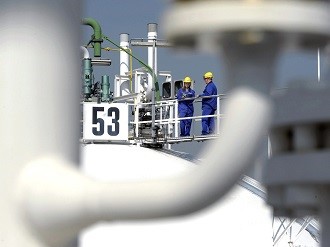 Outlook for full year 2017
Outlook for full year 2017
Bock: “We are cautiously optimistic for 2017. We want to grow further, with all segments contributing to this growth. More importantly: We want to increase our earnings again, also in the oil and gas business. The global economy will presumably grow about as fast as in 2016. In light of significant political uncertainty, volatility will remain high”. A considerable slowdown in growth in the European Union is expected. For the United States, a slight upturn in growth is anticipated. Growth in China is likely to continue to slow further. And it is expected that the recession in Brazil and Russia will end. For its outlook, Basf assumes the following economic conditions for 2017 (previous year figures in parentheses):
-
global economic growth: +2.3% (+2.3%);
-
growth in global chemical production (excluding pharmaceuticals): +3.4% (+3.4%).
In 2017, Basf Group sales are expected to grow considerably. This will be supported by slightly higher sales in the Performance Products segment and by considerable increases in the remaining segments as well as in Other.
In light of the major political and economic uncertainties, Basf will continue its strict discipline with respect to expenditures and costs. The strategic excellence program, DrivE, contributes to this aim. Starting at the end of 2018, the company expects this program to contribute around 1 billion euros in earnings each year compared with the baseline 2015. The earnings contribution amounted to 350 million euros in 2016.
After a phase of high investments, Basf scaled these back in 2016 by more than 1 billion euros as previously announced. The company invested a total of 3.9 billion euros in capital expenditures (excluding additions to property, plant and equipment resulting from acquisitions, capitalized exploration, restoration obligations and IT investments). “In the coming years, we plan to invest at a comparable level. We are now filling the existing capacity in our new plants and thus building on the volume momentum seen last year”, said Bock.
Development of the segments in the 4th quarter and full year 2016
In the Chemicals segment, fourth-quarter sales increased by 12% to €3.6 billion, driven by higher volumes and prices. Ebit before special items rose by €386 million to €635 million. This was mainly due to higher margins, especially in isocyanates and cracker products. For the full year, sales decreased by 8% to €13.5 billion. This was attributable to lower prices as a result of a decline in raw material prices, especially in the Petrochemicals division. Higher volumes could not compensate for this. Ebit before special items fell by 92 million euros to 2.1 billion euros, mainly because of higher fixed costs from new production plant startups. Lower margins in the Petrochemicals and Intermediates divisions also dampened Ebit before special items. Higher margins for isocyanates in the Monomers division helped slow the decline.
In the Performance Products segment, sales in the fourth quarter declined by 1% to 3.6 billion euros. Ebit before special items rose slightly to 231 million euros supported by improved margins. At 15.0 billion euros, full-year sales were 4% below the level of the previous year. This was primarily attributable to falling sales prices and the divestitures completed in 2015. Ebit before special items increased by 379 million to 1.7 billion euros. This was mostly due to significantly reduced fixed costs thanks to restructuring measures and strict fixed cost management, in addition to improved margins.
In the Functional Materials & Solutions segment, fourth-quarter sales grew by 10% to 5.0 billion euros driven by higher volumes. Ebit before special items increased by 69 million euros to 458 million euros due to volumes growth, a favourable product mix and continued cost discipline. Sales for the full year increased by 1% to 18.7 billion euros. By increasing volumes in all divisions, lower prices and mildly negative currency effects could be more than compensated for. The volumes growth was mainly attributable to higher demand for products for the automotive industry. Business with the construction industry saw sales volumes at a high level overall. Ebit before special items rose by 297 million to 1.9 billion euros compared with 2015. All divisions contributed to this considerable earnings increase, particularly the Performance Materials division.



